I have written before about the term Digital literacies and how I feel about it.
That is not what this post is about. Terminology aside I am really pleased to see JISC funding a new programme around Developing Digital Literacies. I really enjoyed working on the JISC funded study which really set the stage for this programme Learning Literacies in a Digital Age (LLiDA). I am not involved with the new programme but will be keeping a close eye on it as it aims to work with colleges and universities ‘to embed core digital skills into the curriculum.’ This has always been very close to my heart and I look forward to seeing some of the models that emerge.
I want to talk about one model that I have recently had personal experience of, although anyone who has been on the University of Mary Washington UMW ds106 Digital Storytelling course would probably agree that it is not easy to describe: ) As an experience I suspect it is very personal because each instance of the course seems to be individual and each student can take whatever they want from it. What is evident though is an incredible level of engagement by both registered students taking the course for credit and the open students (of which I was one), not to mention all the people who have taken it in the past and are still particpating!!! ds106 is a MOOC (massive open online course). It was a 5 week intense experience that I refuse to let go – although it has officially ended, my family and I are still working on several things. It is indeed 4life. Jim Groom and the team have an ever expanding set of people who will then go on to support others taking the course. This is a significant aspect of this course and may be unique – interested to hear if other moocs have the same impact.
I have several blog posts to do about various aspects of the course but I want to focus on digital literacies here. This course was about digital literacies in the broadest sense.
Tools and technologies
The term digital literacies implies the use of tools and the course did involve learning and experimenting with different technologies. This was very well supported and a few things struck me about their approach – open and free tools were highlighted but if students had preferred (already purchased) tools they could use them. Students and staff used the tools and tried out new ones suggested by anyone. Everyone was encouraged to make a tutorial if they used a new technique or new tool. This is really effective in making the mooc sustainable and manageable. One tool – media streamclip -changed during the course and made one of the assignments easier (animated gifs) which was quickly shared with the wide ds106 community. The whole course was centered on and encouraged the use of open social networking tools such a s blogging and twitter, which supported the development of a community. The use of radio and internet tv added a sense of presence and gave some coherence to the course structure. In a personal sense I discovered several new tools with audacity being one of my favourites – I never realised working with sound was such a visual process.
Digital Identity
Much more important than the tools for me was the value of exploring our own and others digital identities. I am currently working on my summary video which clearly illustrates this key focus for me and my family who also particpated to some extent. Offering students an opportunity to explore their online identities at a time when they are open to learning, reflecting on their experience and perhaps looking to the future is really important. Getting feedback from other students is critical here too – how people respond to your persona (whether very like your offline self or completely different) can help people consider the impact of using different media to present and represent themselves. Some of the assignments could be very revealing in a personal sense (see for example exqusite corpse). What is also interesting about this assignment is that it was added during the course by a student – so students get to pick from a range or make a new one – another very interesting idea that supports sustainability but more importantly allows choice and creativity from students. Here is the page of design assignments.
Digital storytelling
This is another really important aspect of digital literacies – how do you use the various media to tell your story – it might be a real story, a work report, student essay, a work of fiction or poetry – it might be totally visual, or just audio, or a mash-up. I really love this as a way to embed digital literacies. Some final student reflections revealed sophisticated understanding of how this would be useful in their future life and careers. The registered students came from a range of liberal arts majors – one student was already using ideas for some work outside his courses on branding and marketing.
The course covered a range of literacies – collaborative team work in the radio shows (awesomeness), working to deadlines and learning to release stuff even if not perfect, critical literacies, film language, art and design literacies, peer feedback and support, creating and sharing open learning content (by encouraging CC licences), providing constructive criticism, reflective learning, developing a portfolio, etc. I’m sure Jim has a list somewhere… It provided an opportunity for students to work with people of all ages and from different cultures. I think it opens learning practice. A few of the open students were teachers or had an instructional role at other institutions and were thinking of taking things forward in their own contexts.
I hope that the new UK JISC funded projects might be using some of these approaches. I know that Martin Weller from the OU has been a student and written an interesting post – what I can take away from ds106. Please let me know if you are doing this kind of work. It may sound scary letting some control go, it obviously is physically and emotionally demanding, (I haven’t even mentioned the ongoing story/drama of Dr Oblivion) but I think the rewards are high for staff and students (and institution if UMW blog popularity is anything to go by). If you are not sure then look at this for inspiration… I must warn you though – the man has serious charisma and may turn you all to the mooc…
This is not my formal reflection on the whole course – just thoughts to share on the digital literacies aspect. I think the open practice and digital literacy fields are comfortable bedfellows and we are likely to see some merging going on – maybe in phase three of UKOER
But I must apologise to any UK readers – the course has had a rather strange effect on me – I keep saying awesome and 4life – maybe this will wear off soon; )

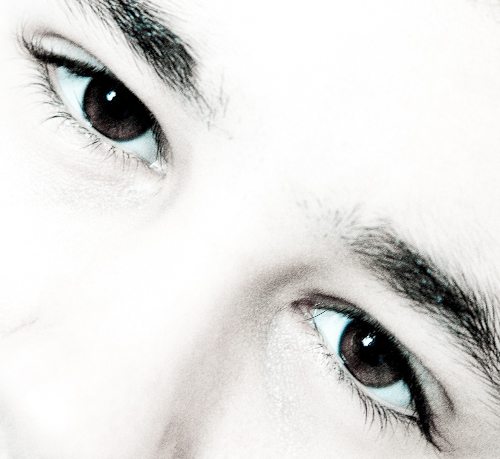
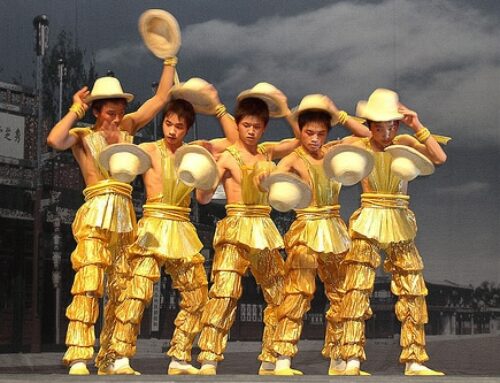
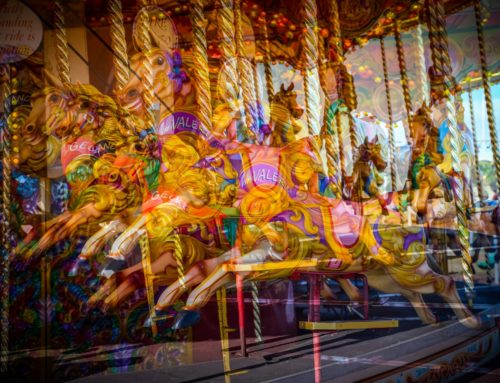
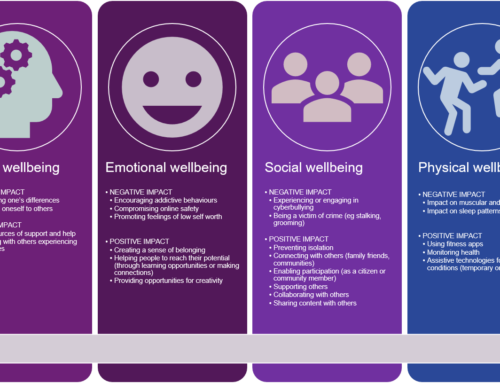
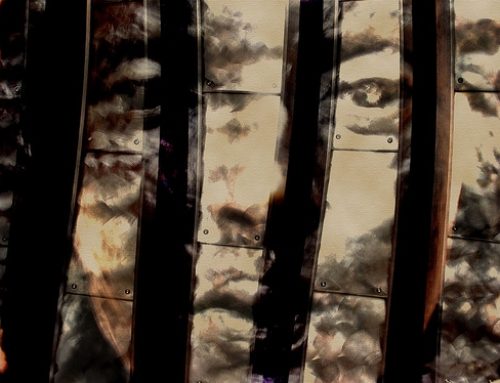
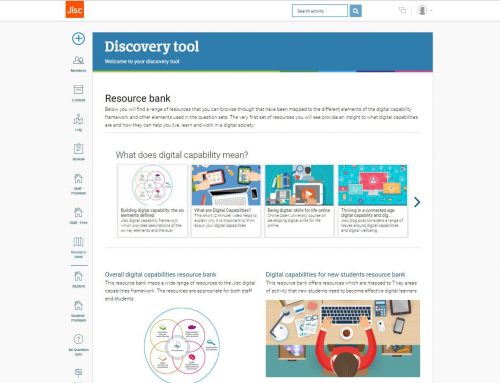
It’s so hard to summarize the many different perspectives that ds106 can speak to, educational technology, digital storytelling, digital identity, the list could seem to go on and on.
I’ve been remiss about posting my reflections about ds106, and think this is probably the best approach, just talk about a bit of it at a time and just get it out!
I’m really interested as well about other MOOCs and whether they’re seeing a sustaining community that evolves from the classes they’ve built. It would be a tremendous model for open education, seed a discipline or a disciplinary perspective with an open class then sustain conversation with an organically grown community.
Thanks for the post Lou!
Thanks Michael – someone asked me the other day in a meeting to say what ds106 was and I found it very difficult to capture it well. So yes I think taking it in small chunks and relating those aspects to particular areas does help articulate it better.
I suspect that ds106 is unusual in the sustainable community building aspect – but I wonder if that is do with size and the notion that too many people don’t work as a community http://www.research-live.com/the-size-of-the-matter/4002044.article (although clearly jim’s personality is key too). So if moocs are indeed massive (say like the one coming in Sept) then the notion of community is perhaps less likely to emerge unless it is in smaller focussed areas. I also think that existing communities of practice may come into play here though. So strong existing communities may be more likely to develop sustainable mooc communities?
Such a fascinating space to watch and be involved in.
[…] a framework of digitial storytelling and I’ve written about the course and my experience in this post and made a video about digital literacies that includes a section on the DS106 course. The most […]